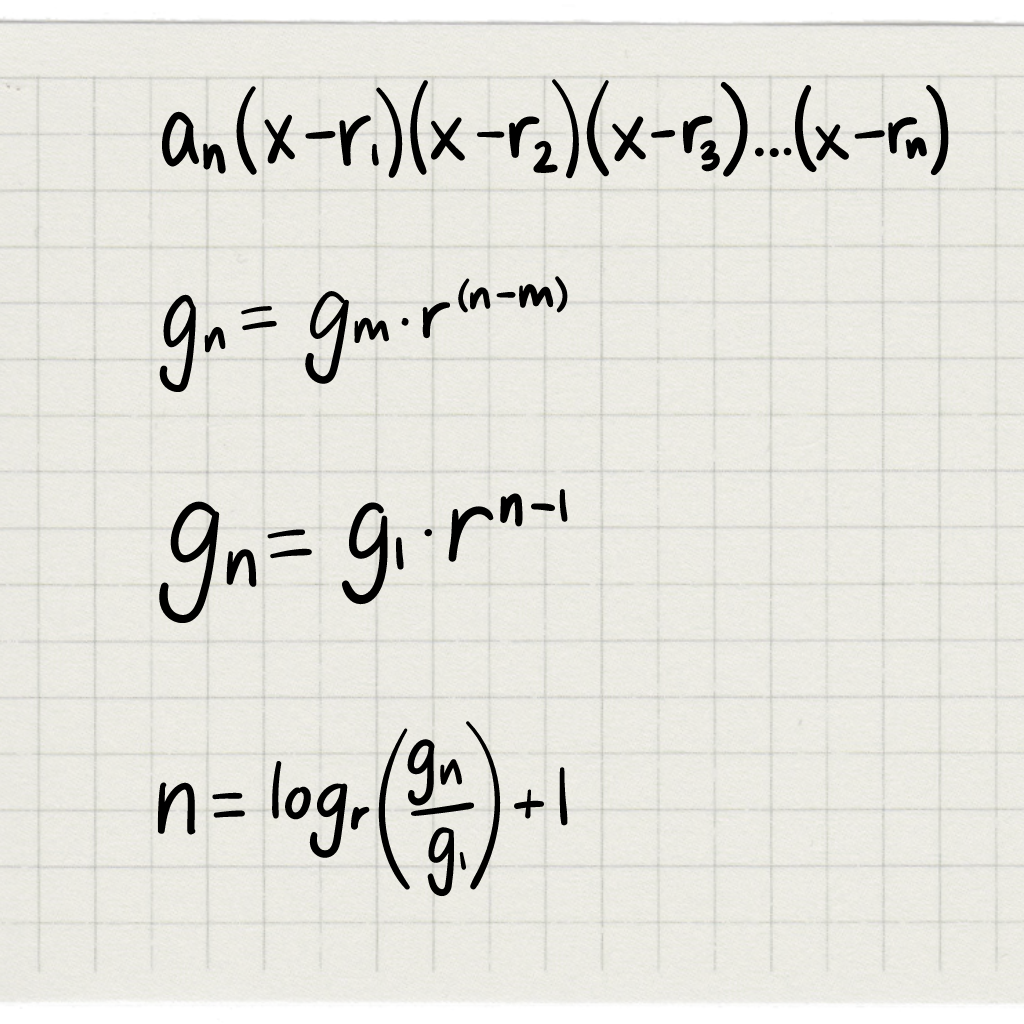Terms
Definition
Terms primarily refer to the stipulated conditions or agreements upon which something is based or operates. They can also represent a period of time during which something occurs or is valid.
Parts of Speech
- Noun
Pronunciation
American English
- IPA Pronunciation: /tɜrmz/
- Respelling: TURMZ (with "TURM" as in "turn" and "Z" as in "zebras")
British English
- IPA Pronunciation: /tɜːmz/
- Respelling: TURMZ (similar to American English, with "TURM" as in "turn" and "Z" as in "zebras")
In both dialects, "terms" is pronounced with the "UR" sound as in "turn," followed by a final "Z" sound indicating the plural. The primary difference lies in the length of the "UR" sound, which is slightly longer in British English.
Etymology
The word "terms" derives from Old French terme, from Latin termen "end, boundary line," related to terminus.
Derivatives
- Term (singular noun)
- Termed (verb, past tense)
- Terminology (noun)
- Termless (adjective)
- Termly (adverb)
Synonyms
- Conditions
- Provisions
- Stipulations
Antonyms
None
Usage
"Terms" is often used in legal, contractual, or educational contexts to denote conditions agreed upon by parties or periods of time during which certain actions or events occur.
Related Terms
- Terms of service
- Terms of agreement
- Terms of reference
Detailed Definition
Noun
- Stipulations: Conditions or stipulations under which something is provided or operates.
- Example: The terms of the contract were clear and non-negotiable.
- Period of Time: A fixed or limited period for which something lasts or is intended to last.
- Example: The senator was elected for a term of four years.
- Lexical Unit: A word or expression that has a precise meaning in some uses or is peculiar to a science, art, profession, or subject.
- Example: Legal terms can be very confusing for laypeople.
- Mathematical Expression: In mathematics, an element of a sequence, or a component of a polynomial or series.
- Example: The terms of this sequence decrease exponentially.
terms



🇨🇳 Mandarin
- 条款 (tiáokuǎn): terms (as in conditions)
- IPA: /tʰjɑʊ˨˩˦ kwɑn˨/
- Respelling: tiao-kwan
- 期 (qī): term (as in period)
- IPA: /t͡ɕʰi˥/
- Respelling: chee
🇮🇳 Hindi
- शर्तें (shartein): terms (as in conditions)
- IPA: /ʃər.teːn/
- Respelling: shur-tayn
- पाठ (paath): term (as in a chapter or lesson)
- IPA: /paːʈʰ/
- Respelling: paath
🇪🇸 Spanish
- Términos: terms (as in conditions)
- IPA: /ˈteɾ.minos/
- Respelling: ter-mee-nos
- Plazo: term (as in period)
- IPA: /ˈplaso/
- Respelling: pla-so
🇫🇷 French
- Termes: terms (as in conditions)
- IPA: /tɛʁm/
- Respelling: term
- Période: term (as in period)
- IPA: /pe.ʁjɔd/
- Respelling: peh-ree-ode
🇸🇦 Modern Standard Arabic
- شروط (shuroot): terms (as in conditions)
- IPA: /ʃuːruːt͡ʃ/
- Respelling: shoo-root
- فترة (fatrah): term (as in period)
- IPA: /ˈfat.ra/
- Respelling: fat-rah
🇧🇩 Bengali
- শর্ত (shôrt): terms (as in conditions)
- IPA: /ʃɔrt/
- Respelling: short
- মেয়াদ (meyad): term (as in period)
- IPA: /me.jad/
- Respelling: me-yad
🇷🇺 Russian
- Условия (usloviya): terms (as in conditions)
- IPA: /ʊsˈlovʲɪjə/
- Respelling: us-loh-vee-ya
- Срок (srok): term (as in period)
- IPA: /srok/
- Respelling: srok
🇵🇹 Portuguese
- Termos: terms (as in conditions)
- IPA: /ˈtɛʁ.muʃ/
- Respelling: tehr-moosh
- Prazo: term (as in period)
- IPA: /ˈpɾa.zu/
- Respelling: prah-zoo
🇮🇩 Indonesian
- Syarat: terms (as in conditions)
- IPA: /sja.rat/
- Respelling: sya-rat
- Periode: term (as in period)
- IPA: /pe.ri.ode/
- Respelling: peh-ree-oh-de
🇩🇪 German
- Bedingungen: terms (as in conditions)
- IPA: /bəˈdɪŋʊŋən/
- Respelling: buh-ding-ungen
- Begriff: term (as in concept or notion)
- IPA: /bəˈɡʁɪf/
- Respelling: buh-grif
🇯🇵 Japanese
- 条件 (jōken): terms (as in conditions)
- IPA: /d͡ʑoːken/
- Respelling: joh-ken
- 期間 (kikan): term (as in period)
- IPA: /kʲikaɴ/
- Respelling: kee-kan
🇻🇳 Vietnamese
- Điều kiện: terms (as in conditions)
- IPA: /ɗiɛu˨˩ kiɛn˧˥/
- Respelling: yieu kee-en
- Kỳ: term (as in period)
- IPA: /ki˧˥/
- Respelling: kee
🇰🇷 Korean
- 조건 (jogeon): terms (as in conditions)
- IPA: /d͡ʑo.ɡʌn/
- Respelling: jo-gun
- 기간 (gigan): term (as in period)
- IPA: /gi.ɡan/
- Respelling: gee-gahn
🇹🇷 Turkish
- Şartlar: terms (as in conditions)
- IPA: /ʃaɾt.laɾ/
- Respelling: shart-lar
- Dönem: term (as in period)
- IPA: /døːnem/
- Respelling: doh-nem
🇵🇰 Urdu
- شرائط (sharaait): terms (as in conditions)
- IPA: /ʃəˈraː.ɪt̪/
- Respelling: shuh-raa-it
- مدت (muddat): term (as in period)
- IPA: /ˈmʊd.dət/
- Respelling: mudd-at





